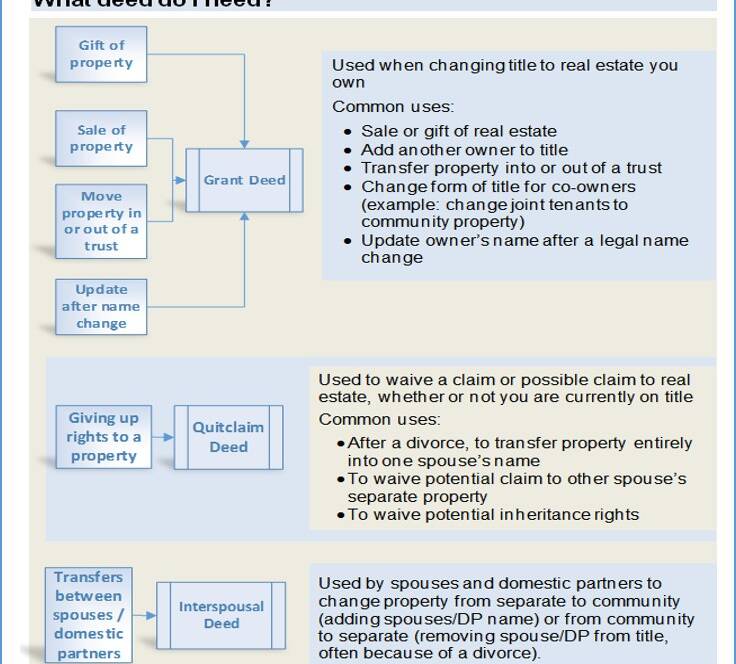Determining Competency to Sign a Durable Power of Attorney
Determining Competency to Sign – to create and sign a Durable Power of Attorney (DPOA), you must be “competent,” also referred to as “of sound mind.” That means you must have the mental capacity to understand the benefits, risks and effect of signing the document. Understanding the meaning and effect of the document before signing is crucial. Here are some frequently-asked-questions about what makes a person competent or incompetent to sign.
What is a durable power of attorney?
A power of attorney is a legal document that lets you (the “principal”) appoint someone (the “agent”) to act on your behalf in financial matters. A durable power of attorney (DPOA) remains in effect even after you become incapacitated, letting your agent continue to handle your affairs when you cannot. This is enormously helpful for the family if a person becomes unable to handle their own affairs. Note: To designate an agent for medical decisions you will need a separate document called an Advance Health Care Directive or “living will”.
Who decides if a person is “competent” to sign a DPOA for Determining Competency to Sign?
It is quite common for children or caregivers to disagree over whether the signer was competent when signing. These disputes can lead to lasting bitterness between family members, and occasionally to court cases. So who determines whether a person is “competent” when signing the form? According to California Powers of Attorney and Health Care Directives, published by CEB, the attorney or LDA drafting of a DPOA for financial management typically determines the mental capacity of the client. Of course, you can create a DPOA without an attorney. Many people use a standard DPOA form such as California’s Uniform Statutory Form Power of Attorney, and never consult an attorney. In that case, no one is obliged to evaluate your capacity before you sign. That is usually fine, because challenges to a DPOA are quite rare.
Sometimes, however, you can predict that someone might want to challenge the DPOA after you become incapacitated. For instance, if your children do not get along, or already argue about your care and finances, they will probably continue to argue after you become incapacitated. If you think this is likely, it is recommended that you do use a lawyer. The lawyer will go over your particular situation, help you decide what options to take, and if necessary, testify as to your capacity later on.
What does it mean to be “competent?”
The “capacity” required to execute a DPOA is set by California statutes. It uses the same criteria as the evaluation whether a person is capable of making a contract, and is discussed in California Probate Code (Prob. C) § 4120 and California Civil Code (CC) § 1556.
A person is mentally competent as long as they can understand the rights, responsibilities, risks, or benefits involved in decisions, and the potential consequences of what they decide. The Due Process in Competence Determinations Act (DPCDA), particularly Prob. C § 810-813, sets the standards for determining whether a person has the capacity to enter into a contract. Having a mental or physical disorder does not automatically mean a person is incapacitated; there must be a specific inability to understand and make decisions.
Some of these standards include:
- Level of arousal or consciousness.
- Orientation to time, place, person, and situation.
- Ability to attend and concentrate.
- Short- and long-term memory, including immediate recall.
- Ability to understand or communicate with others, verbally or otherwise.
- Recognition of familiar objects and familiar persons.
- Ability to understand and appreciate quantities.
- Having the ability to reason using abstract concepts.
- Are they able to plan, organize, and carry out actions in one’s own rational self-interest.
- Can they reason logically.
When Determining Competency to Sign – what if you think a loved one was not competent when the DPOA was signed?
Sometimes, after a parent becomes incapacitated, a child or caregiver presents a new DPOA signed by a parent. This can be without the rest of the family’s knowledge. The family may be concerned that the parent was unable to understand the document. Or, they could even have been tricked or coerced into signing it.
If this happens in your family, you may be able to go to court to challenge the document. To make a determination, a judge would probably question those who knew the person at the time. He would do so using the criteria listed above. For more information on challenging the document, you may want to look at Capacity and Undue Influence: Assessing, Challenging, and Defending, an action guide also published by CEB. Step 17, “Assess Capacity to Execute Contracts, Conveyances, and Agency Appointments,” has a helpful discussion of practical questions to ask to evaluate how well someone can manage their affairs. If the judge decides the person did not have the capacity to make the DPOA, the most recent prior DPOA will be effective. If there is no DPOA, you may need to set up a formal conservatorship.
However, if the person indeed had the capacity to execute the DPOA at the time, the DPOA is valid. Even if you think the person made a bad choice, if they had capacity, it is their choice, and remains in effect.



